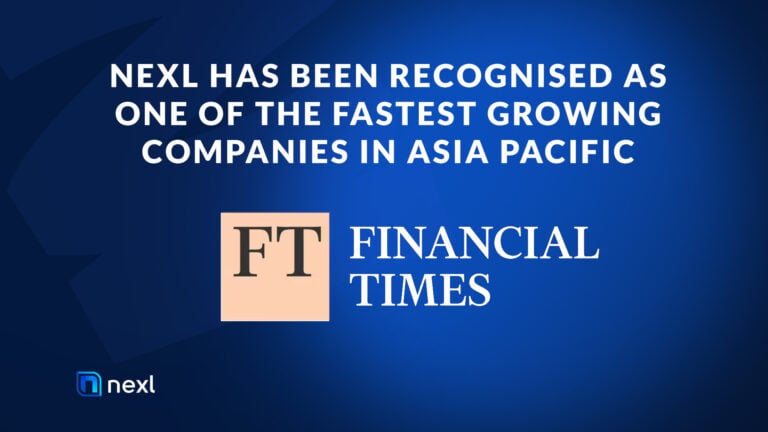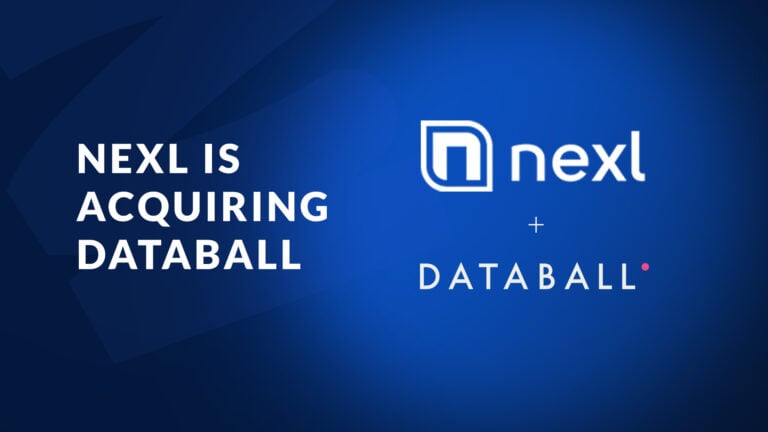In today’s rapidly evolving digital landscape, IT and innovation leaders at law firms are facing unprecedented challenges. The legal industry, traditionally known for its reliance on legacy systems and manual processes, is at a crossroads where the adoption of modern technologies is no longer a luxury, but a necessity. This shift is especially true when it comes to customer relationship management (CRM) systems, which are vital for business development (BD) and marketing efforts.
However, many law firms remain tethered to outdated legacy CRM systems, fearing the disruption that comes with change. As legal marketers juggle multiple tools to manage events and campaigns—and IT/innovation teams struggle to find a consolidated system—the promise of legal tech remains unfulfilled, often leading to a frustrating reliance on spreadsheets and inefficient processes. In this blog, we will explore these challenges in detail and offer insights into how law firms can overcome them to stay competitive.
The Burden of Legacy CRM Systems
Legacy CRM systems have long been the backbone of law firm operations. Designed to meet the needs of a different era, these systems are increasingly out of step with the demands of modern law firms. CIOs and IT leaders recognize that these outdated platforms are a drag on productivity, limiting the ability to harness the full potential of data-driven decision-making. Despite this, many firms are hesitant to replace them, fearing the perceived burden of transitioning to a new system. The fear of data migration issues, potential downtime, and the need for extensive training can make even the most forward-thinking IT and innovation leaders hesitant to advocate for change.
However, the cost of maintaining these legacy systems is becoming untenable. The inability to integrate with newer technologies and the lack of support for modern data analytics tools are significant drawbacks. Firms that cling to these systems may find themselves at a competitive disadvantage, as more agile competitors leverage cutting-edge CRMs that provide deeper insights and more intuitive user experiences. For IT leaders, the challenge lies in making the case for change by demonstrating the long-term benefits of adopting a modern CRM, such as improved client relationship management, better data security, and enhanced reporting capabilities.
The Struggle with Event Management
Event management is a critical component of legal marketing strategies, yet it is an area where many law firms struggle. Legal marketers often find themselves juggling multiple tools and relying on patchwork add-ins to meet their needs—and IT leaders struggle to find an all-encompassing platform. This disjointed approach can lead to inefficiencies, with teams spending more time managing logistics than focusing on the strategic goals of their events. The lack of a unified system that integrates seamlessly with the firm’s CRM can result in missed opportunities and a fragmented view of client engagement.
The reliance on disparate tools also complicates data management, making it difficult to track and measure the success of events. Without a holistic view of client interactions, law firms may miss out on valuable insights that could inform their business development strategies. For CIOs, the challenge is to find a solution that simplifies event management while enhancing the firm’s ability to capture and analyze data. A modern CRM, like Nexl’s, that offers integrated event management features can streamline processes, reduce the administrative burden on marketing teams, and provide a more comprehensive view of client engagement.
“Timing, location, venue, and scheduling coordination are difficult. Nexl’s Event Management, integrated with CRM, helps manage these challenges effectively.” – Majela Fonseca, Director of Marketing & BD at Hutchison
The Persistence of Inefficient Manual Processes
Despite the advances in legal tech, many law firms continue to rely on spreadsheets and manual processes for business development and marketing. This persistence of outdated methods is not only inefficient but also prone to errors and data inconsistencies. The reliance on manual processes often stems from a lack of trust in technology or a reluctance to invest in new tools. With the scars of failed implementations, IT and innovation leaders fear introducing new systems. However, as the legal industry becomes more competitive, the inefficiencies of manual processes become increasingly apparent.
The use of spreadsheets for tracking client interactions, managing contact lists, and monitoring marketing campaigns is a common practice in many law firms. However, these manual processes are time-consuming and offer limited scalability. As firms grow and their client bases expand, the limitations of spreadsheets become more pronounced. The inability to automate routine tasks or generate real-time reports can hinder a firm’s ability to respond quickly to market changes and client needs.
For IT leaders, the challenge is to advocate for the adoption of modern CRM systems that can automate these processes and provide real-time insights. By replacing spreadsheets with a centralized CRM, firms can improve data accuracy, reduce administrative overhead, and empower their teams to focus on higher-value activities. The key is to demonstrate how a modern CRM can deliver tangible benefits, such as increased efficiency, better client insights, and enhanced collaboration across departments.
See how Nexl’s CRM automates manual processes while keeping data security and legal-specific priorities top of mind.
Conclusion
The challenges faced by IT and innovation leaders at law firms are significant, but they are not insurmountable. The reliance on outdated CRMs, the struggle with disjointed event management tools, and the persistence of inefficient manual processes are all hurdles that can be overcome with the right approach. By embracing modern CRM systems that integrate seamlessly with other legal tech solutions, law firms can unlock new opportunities for growth and innovation.
For CIOs looking to replace their CRM, the time to act is now. The benefits of modernizing your firm’s CRM extend beyond improved efficiency and data management; they also position your firm to stay competitive in an increasingly digital world.
Learn more on how leading law firms have transitioned to an all-in-one CRM, or contact Nexl to explore the best CRM solution for your firm today.











